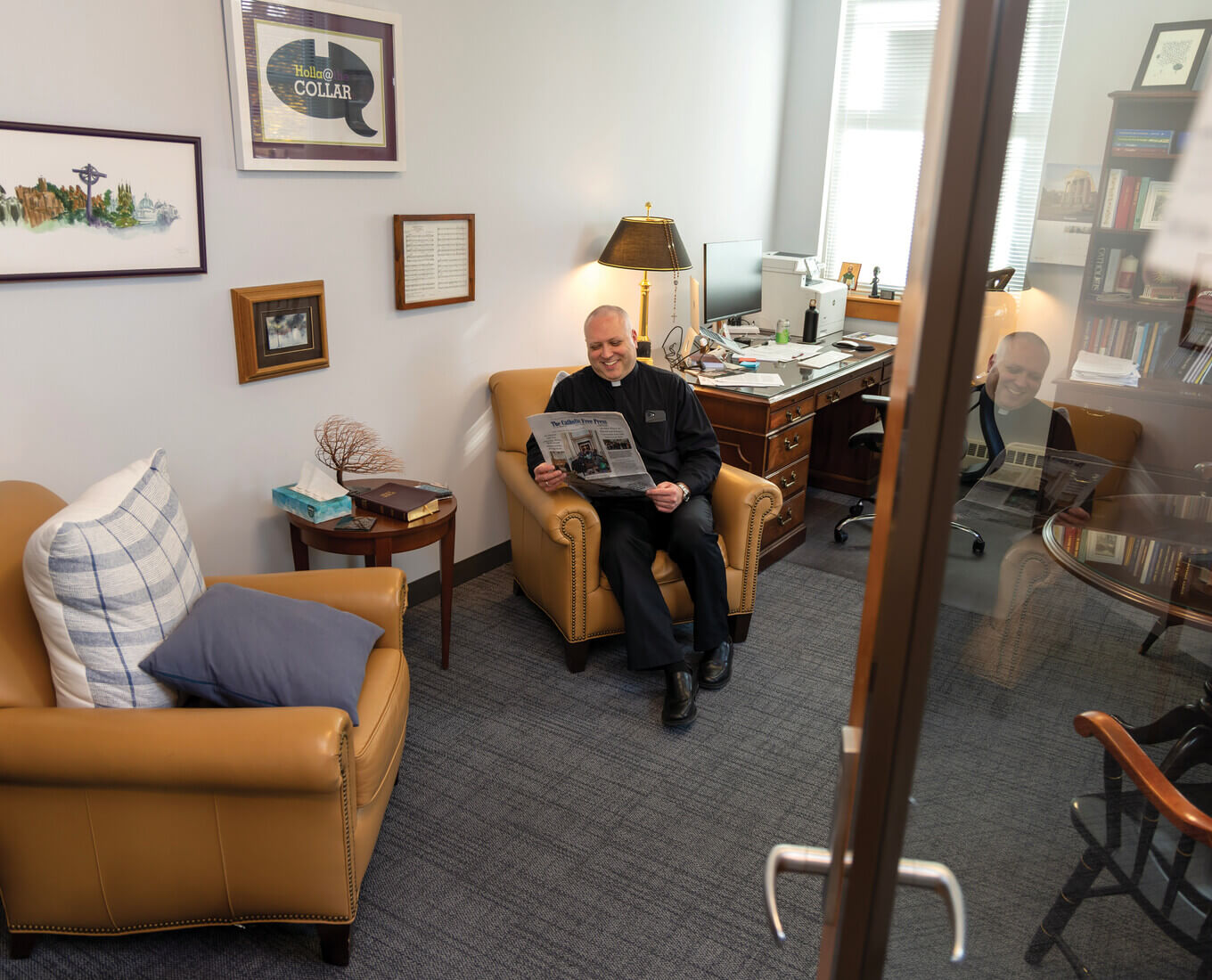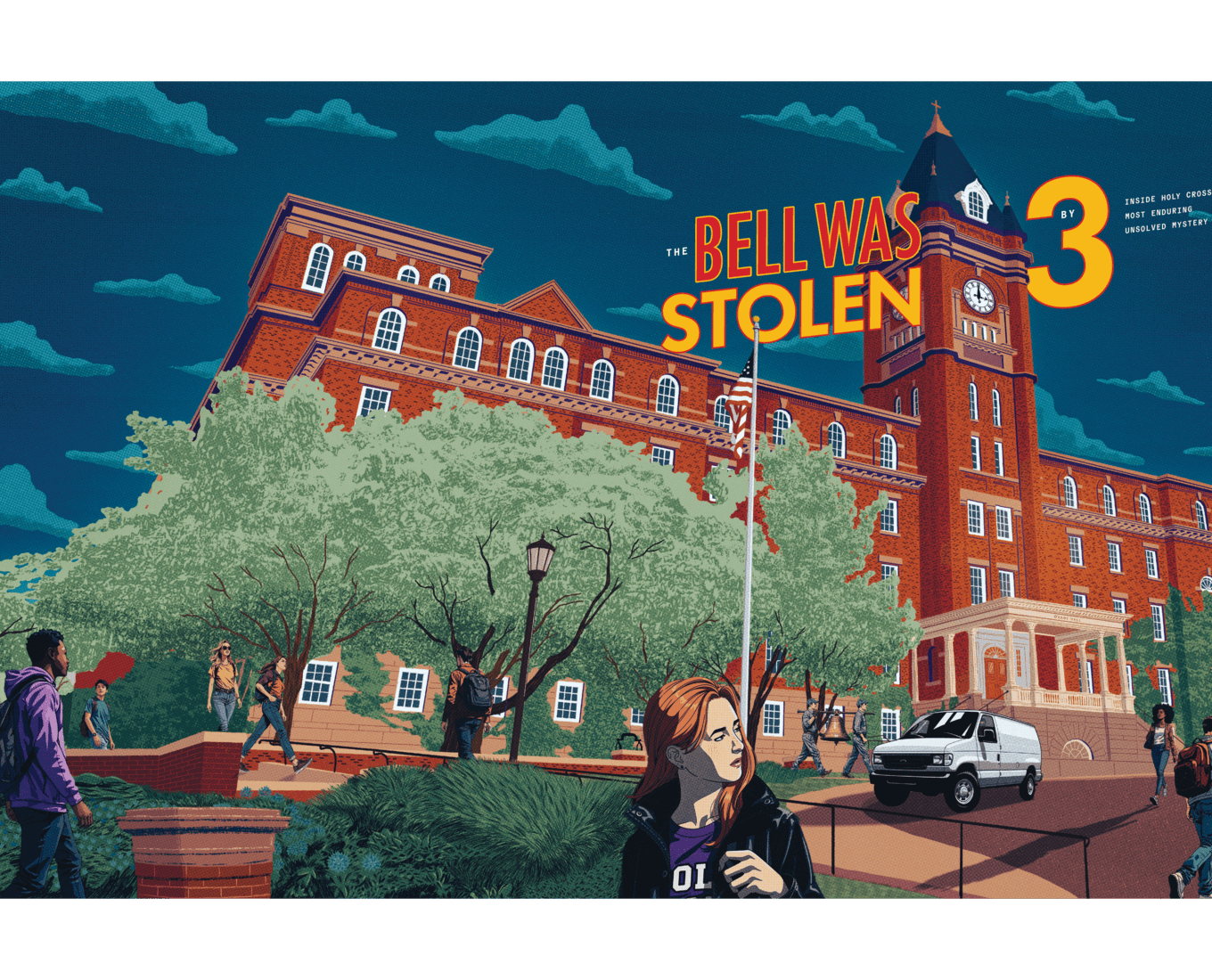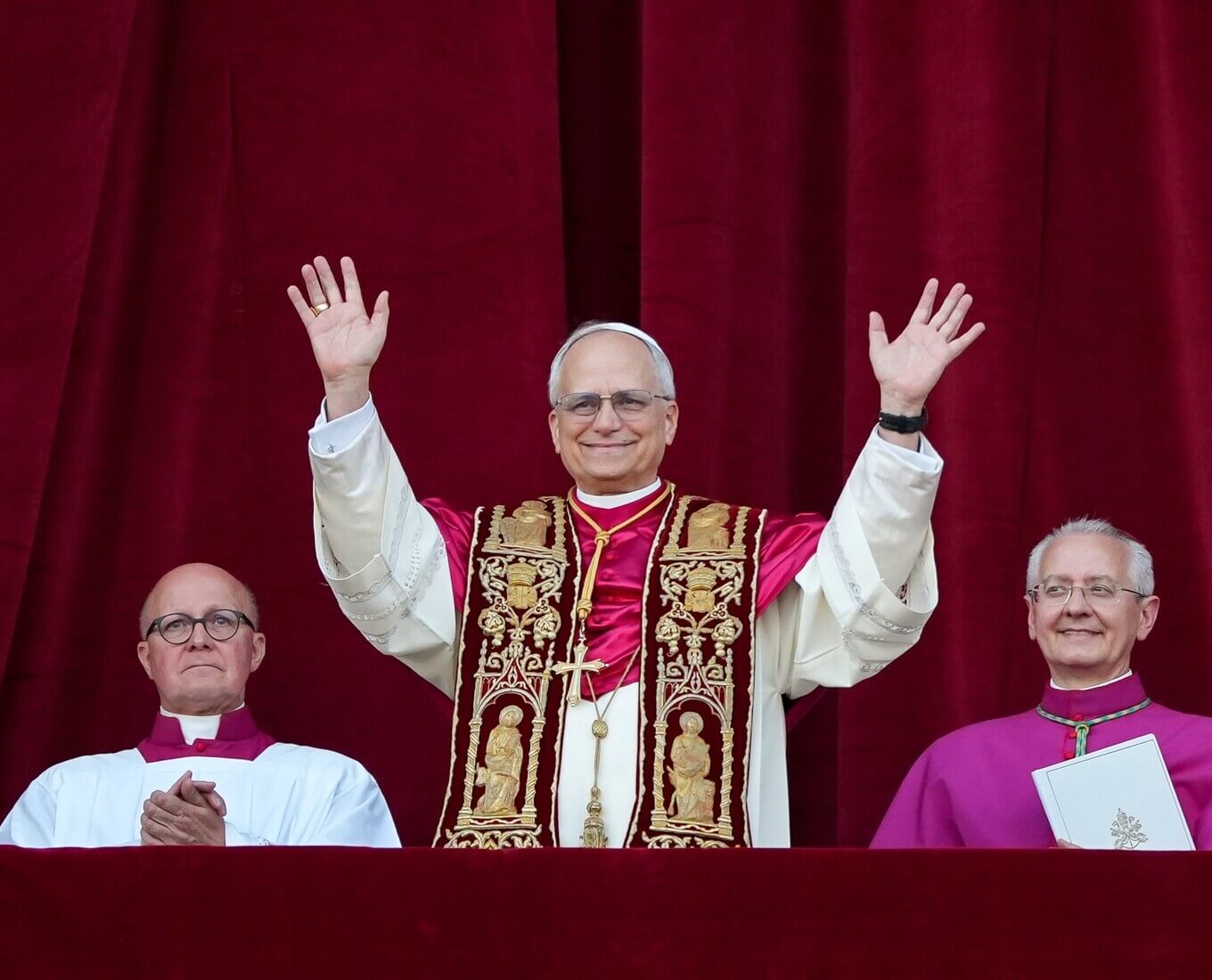 In early November, three of Holy Cross’ own — John Milligan ’17, Brian Senier ’19, and Brandon Tieso ’19 — touched down in Texas, the host state for the InterNational Academy of Dispute Resolution’s (INADR) national undergraduate championship tournament. The team had great success at the tournament, placing second among advocate/client teams, along with Tieso and Milligan placing sixth among the individual advocate/client pairs, and Milligan finishing fourth among individual mediators.
In early November, three of Holy Cross’ own — John Milligan ’17, Brian Senier ’19, and Brandon Tieso ’19 — touched down in Texas, the host state for the InterNational Academy of Dispute Resolution’s (INADR) national undergraduate championship tournament. The team had great success at the tournament, placing second among advocate/client teams, along with Tieso and Milligan placing sixth among the individual advocate/client pairs, and Milligan finishing fourth among individual mediators.
Thanks to their victory as the top undergraduate school at the New England regional qualifying tournament in October, Milligan, Senier, and Tieso earned themselves one of a limited number of coveted bids to compete at the University of Texas at Arlington.
The team was led by Edward McDermott ’79, the College’s mock trial team coach for 20 years, along with the critical help of the program’s chief faculty sponsor, Loren Cass, professor of political science and director of the Center for Interdisciplinary Studies. Milligan, Senier, and Tieso, the Holy Cross mediation triumvirate, advanced to the championship’s final round, where they competed against remarkable students from Boston University, the University of San Diego, and Bowling Green State University. Holy Cross’ second-place finish represents a tribute to the endless hours the team spent preparing for the undergraduate championship.
In INADR academic mediation competitions, each participant receives a packet of several case problems, each one about two pages long. There are three roles in each mediation: mediator, advocate, and client. In each round four schools face off: an advocate-client pair from one school against an advocate-client pair from another, in addition to two mediators from two different schools. A neutral judge scores each participant on his/her individual performance. When tabulating scores the INADR takes note of both individual and team success.
“Although the process and formats of mediations are quite different than mock trial, the goals are not,” says McDermott, who emphasizes the many benefits mediation has for students. “Mediation seeks to introduce students to a methodology for finding resolution; to train students in important communication and oratorical skills; and to give the students all the benefits of intercollegiate competition and camaraderie. It also helps the students to develop important career and life skills that will serve them well whether they enter the legal field or any other profession.”
Beyond the competition itself, Texas offered Milligan, Senier, and Tieso a transformative cultural education. In fact, Milligan is confident that he and his fellow Holy Cross mediators will channel some of the Lone Star state’s swagger in their future engagements: “Clad in our suits and new cowboy boots, the three of us are ready to take our seats at the table of international postgraduate mediation alongside top competitors from around the world. We were so proud to represent the College of the Holy Cross in Texas, and so hope to represent the College in future academic contests.”
Traditionally, the first and second place finishers at the national undergraduate championship win invitations to compete at the international postgraduate championship, taking place this year in Glasgow, Scotland in April.
This tournament will bring together graduate students from around the globe from every culture and background and across academic disciplines to engage in the complex enterprise of international peacemaking, a delicate art that is more necessary now that ever as we are called to be global citizens. In addition, the international competition operates outside the jurisdiction of United States laws and in the domain of international diplomacy.
As they wait to hear about securing a spot at the international competition, the Holy Cross mediation team will continue its vigorous preparation under McDermott’s careful tutelage. The team’s goal is to bring its skills in conflict resolution across the pond to Scotland, and at the same time compete civilly with the world’s best student-mediators.
Written by Brian Senier ‘19


